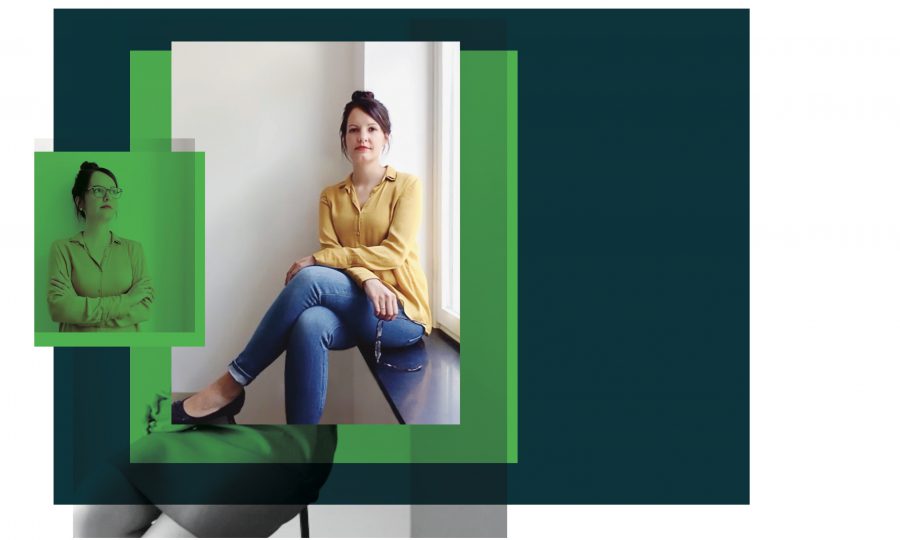Crisis management has become our new normal
In every business career, there will be crises that cannot be prepared for and which put leaders into situations of extreme pressure. We talk to José Enrique Viniegra Escanero, CCO of HomeServe Asistencia, about what it has been like to lead through a global crisis.

Planning is central to running a service-based company – but even this most central plank of business life has been completely disrupted over the past 18 months, says José Enrique Viniegra Escanero (MBA, 2012), CCO of HomeServe Asistencia.
“At the start of lockdown, only emergencies were allowed,” he says, “so if you had a plumbing emergency, such as a leak, that was ok, but if you wanted to paint a wall, no. However, the real challenge was understanding the regulation, which was changing on a weekly or fortnightly basis, and then communicating it effectively. Forward planning became very difficult, because even when it was allowed, many people were afraid of accepting a professional engineer into their house.”
Rising to the challenge required a complete restructure of business practices. “Prior to the Covid-19 crisis, just 10 per cent of our staff were teleworkers. Within the first week, it was 100 per cent,” he says. “We immediately delivered desktop computers to all staff by taxi or van and upgraded our VPN (virtual private network) to ensure we could continue securely.”
There were inevitable pivots along the way. HomeServe created a professional network of traders able to deal with people with Covid-19 who needed urgent assistance, providing all the materials and fulfilling all the regulations to ensure everyone was safe. The company also set up a service to deliver the deep cleaning of spaces after an outbreak.
Something like this gives you experience and knowledge of how to deal with unprecedented events.
The challenges have continued. The company decided not to make any redundancies, choosing instead to focus on training and keeping the employees motivated, “as they were all going to be important to successfully overcome the pandemic”, says Viniegra Escanero. “This was an important decision – when volumes recovered from June to August, everyone was motivated and engaged and ready for anything.”
Post-pandemic, Viniegra Escanero does not expect an immediate return to normal. “Changing strategy from ‘key account’ to ‘business development’ when everyone is still working from home is a challenge,” he says. “Visiting companies in person is tricky. Additionally, some industries such as retail – a target industry for us – remain in difficult circumstances.”
But though this has been the biggest crisis in Viniegra Escanero’s career, he thinks they have handled it well. “We have been able to maintain our service and not had to deal with dissatisfied clients.” Personally, he adds, “it’s made me calmer. Something like this gives you experience and knowledge of how to deal with unprecedented events. I’ve definitely developed valuable tools for being competitive in dealing with and resolving a complex situation.”



